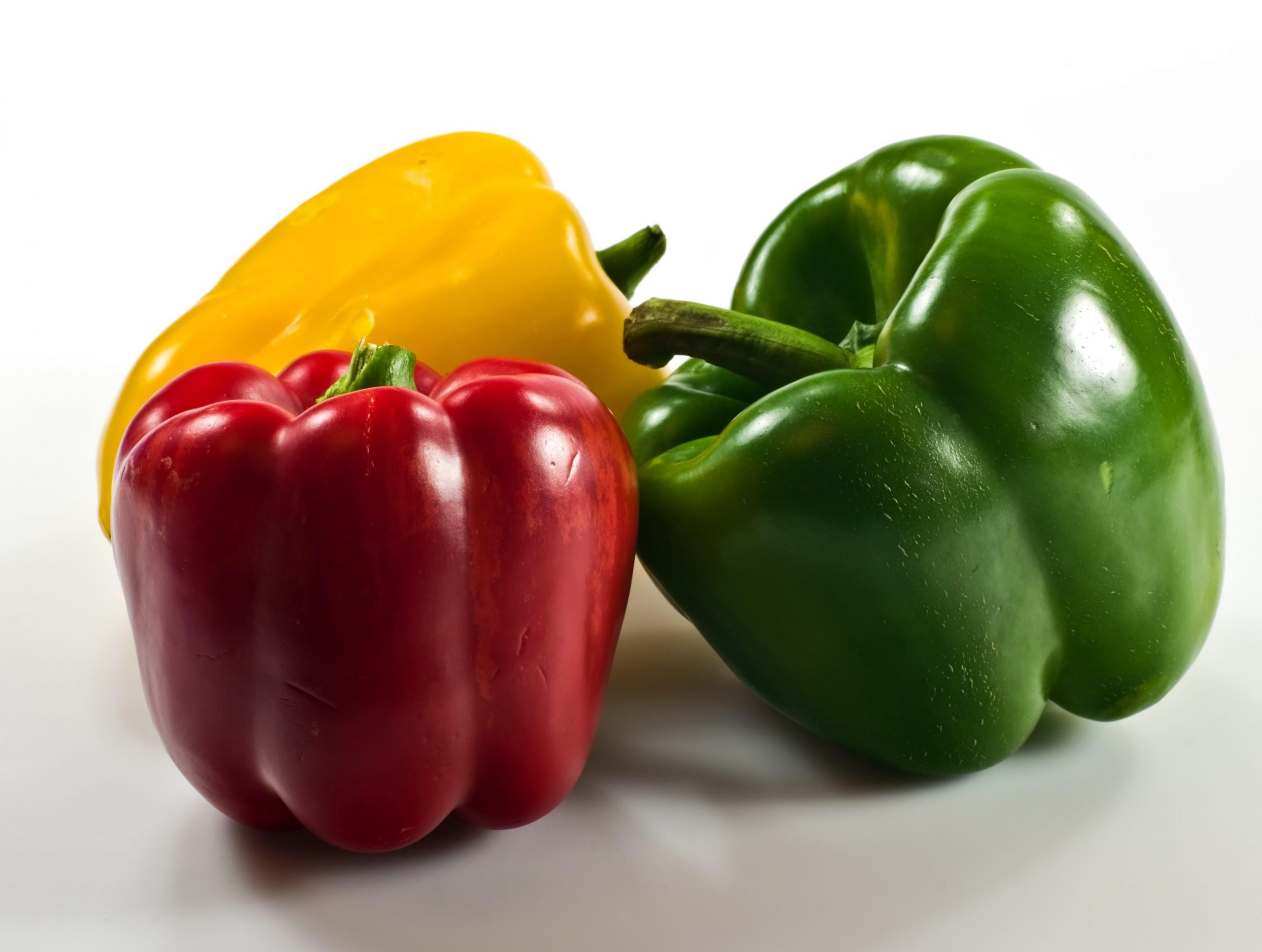Discover the Best Fertilizers for Peppers: Crucial Nutrients for Growing Plants
Discover the Best Fertilizers for Peppers: Crucial Nutrients for Growing Plants
Blog Article
Organic Vs. Synthetic Fertilizers: Which Is Best for Supporting Healthy And Balanced Pepper Plants?
In the world of supporting healthy pepper plants, the selection between organic and artificial fertilizers stands as an essential choice with significant effects. While both options purpose to offer necessary nutrients to sustain plant development, the subtleties of their influence on the soil, plant health and wellness, and the environment stimulate a dispute that mirrors throughout the horticulture community. Understanding the unique benefits and possible risks of each plant food type is vital for pepper cultivators looking for to maximize their returns while preserving a lasting and eco-conscious strategy.
Advantages of Organic Fertilizers
Organic fertilizers offer a lasting and environmentally-friendly method to nourishing pepper plants, providing important nutrients without using artificial chemicals. These all-natural plant foods are originated from natural resources such as garden compost, manure, bone dish, and algae, advertising dirt wellness and biodiversity. Unlike synthetic plant foods, natural alternatives launch nutrients slowly, making sure a constant and balanced supply for pepper plants to prosper.
One substantial advantage of natural plant foods is their capability to improve soil structure and water retention. By enhancing soil health and wellness, natural fertilizers promote helpful microbial activity, which helps in nutrient uptake by pepper plants. In addition, organic plant foods decrease the risk of chemical run-off, shielding water resources from contamination and safeguarding the atmosphere.
In addition, natural plant foods contribute to long-lasting dirt fertility by advertising the growth of helpful soil organisms. These organisms aid damage down raw material, releasing nutrients in a type that is conveniently accessible to pepper plants. best fertilizers for peppers. By promoting a healthy and balanced dirt community, organic plant foods sustain sustainable pepper cultivation methods that benefit both plants and the environment
Downsides of Synthetic Fertilizers
Synthetic plant foods, in contrast to their natural equivalents, posture various downsides when made use of to nurture pepper plants, impacting both plant health and environmental sustainability. One significant downside of synthetic fertilizers is their propensity to leach nutrients from the soil rapidly. This fast leaching can bring about nutrient discrepancies in the dirt, causing plants to experience from shortages or poisonings. Furthermore, synthetic fertilizers can hurt valuable dirt microorganisms, such as earthworms and useful microorganisms, disrupting the soil environment's equilibrium.
Additionally, the overuse of synthetic fertilizers can contribute to water contamination. Excess plant foods not taken in by plants can wash away into water bodies, resulting in eutrophication, where algae blooms deplete oxygen degrees in the water, damaging aquatic life. Synthetic fertilizers are normally acquired from non-renewable sources, such as fossil gas, contributing to carbon discharges and environmental deterioration during their production.
Nutrient Absorption Comparison
When contrasting artificial and organic fertilizers in terms of nutrient absorption, organic plant foods have the benefit of providing a more balanced and slow-release source of nutrients. Organic fertilizers consist of a selection of macro and micronutrients that are not just beneficial for the plants however additionally promote healthy and balanced soil microbial task, which aids in nutrient uptake.
Moreover, natural fertilizers enhance dirt framework and water retention capability, allowing pepper plants to accessibility nutrients a lot more efficiently. This better soil high quality facilitates root advancement, enabling far better nutrient absorption. Synthetic fertilizers, although at first enhancing plant growth as a result of their high nutrient focus, may hinder lasting nutrient absorption by derogatory soil health in time.
Ecological Impact Considerations

On the various other hand, artificial plant foods, although usually more right away available and concentrated to plants, can try this have detrimental results on the setting if not applied correctly (best fertilizers for peppers). Their production calls for high power inputs, bring about greenhouse gas exhausts and adding to environment modification. Additionally, the overflow of excess synthetic fertilizers can contaminate water sources, resulting in eutrophication and harming marine ecological communities.
Finest Fertilizer Practices for Peppers
To accomplish this, it is necessary to adhere to ideal plant food techniques customized to the specific needs of pepper plants. One essential practice is to carry out a soil test before applying any plant foods.
Another important technique is to feed pepper plants at the ideal time. Normally, peppers gain from getting fertilizer at planting and after that again when they start to flower. Over-fertilizing can lead to nutrient imbalances and harm the plants, so it is vital to follow recommended application prices.
In addition, choosing a balanced fertilizer with an NPK proportion that matches pepper plants' demands is essential. Organic plant foods, such as garden compost or manure, can be outstanding options as they release nutrients gradually and boost dirt framework with time. Nonetheless, artificial plant foods can supply a fast nutrient my link increase when required. Eventually, integrating artificial and organic fertilizers sensibly can help nurture healthy and balanced pepper plants while lessening environmental impact.
Final Thought

Organic fertilizers use an environmentally-friendly and sustainable technique to nourishing pepper plants, giving crucial nutrients without the usage of synthetic chemicals. Unlike artificial fertilizers, organic choices release nutrients slowly, ensuring a constant and well balanced supply for pepper plants to prosper.
Synthetic plant foods, in contrast to their natural equivalents, pose numerous drawbacks when used to nurture pepper plants, impacting both plant health and wellness and environmental sustainability. When contrasting artificial and organic plant foods in terms of nutrient absorption, organic plant foods have the advantage of giving an extra balanced and slow-release resource of nutrients.Moreover, organic fertilizers boost soil structure and water retention capability, allowing pepper plants to gain access to nutrients extra efficiently.
Report this page